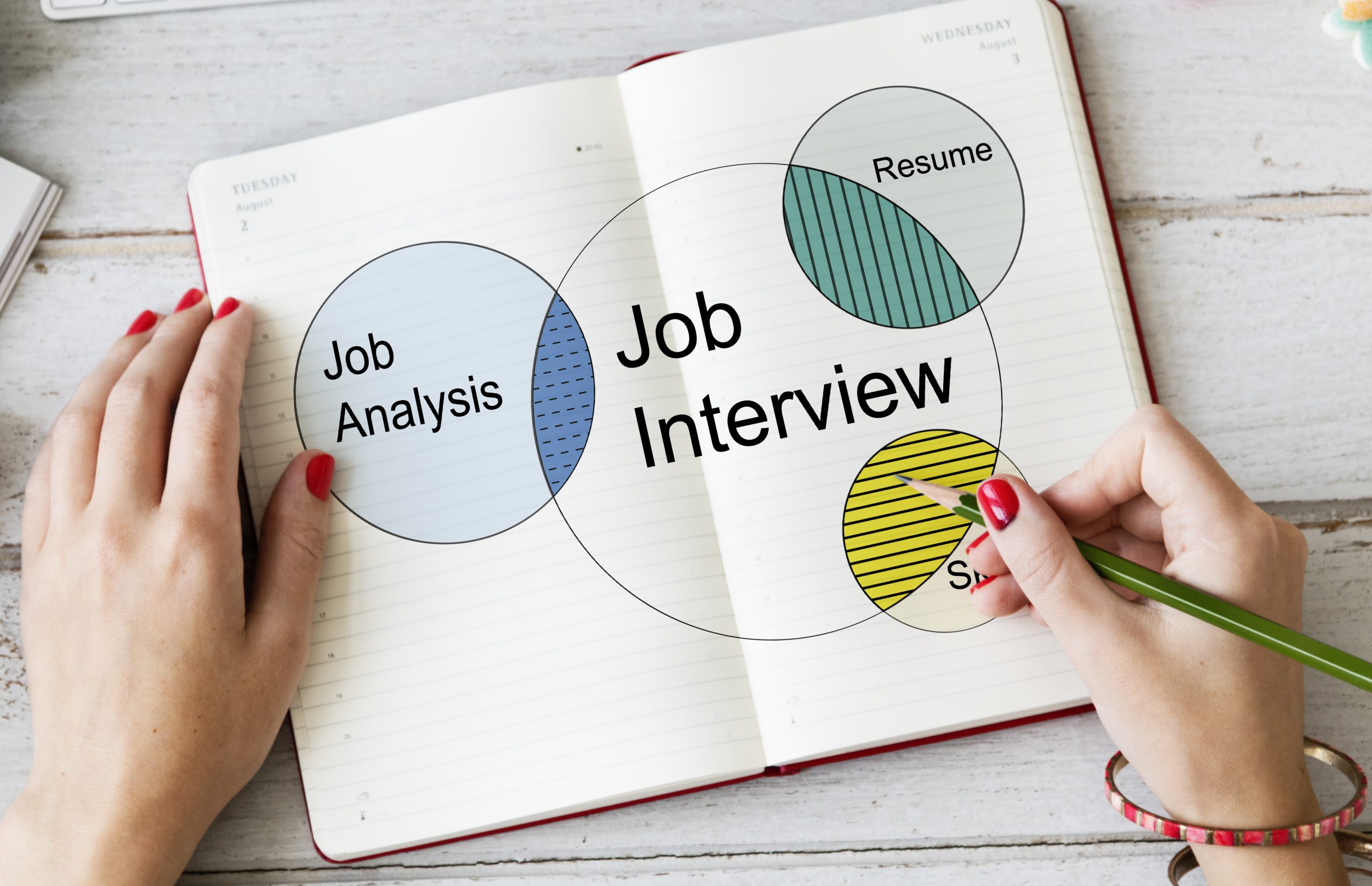A great resume is hard to come by and it requires a lot of thought and effort for many candidates. Despite the rise and strength of social media and online job applications the cover letter and resume combination is still the best for applying direct.
The question we hear most often from our candidates is “What should I put on my resume”, we hear this a lot with similar positions we deal with. It is always best to read the spec and listen to your recruiter to understand the most desirable skills so you can tailor accordingly.
Employers sometimes get high volume of resumes and often takes days to sort through them, to identify the candidates they feel best suitable. Recruiters and Internal HR staff all do the same thing; Get a longlist and narrow this down to a shortlist and then decide the top candidates to submit to management. Everything is based on the content on the CV and matching that to the specific requirements that job has. Hiring managers don’t often have a lot of time to review resumes so they look at the most constructed and attractive resume to their position.
The resume is ultimately a written summary of your Education, Work Experience, Past Achievements and Interests. You should construct these in a positive way to match a company/job. When putting together your resume it is important to keep it short, focused and concise. The ideal resume will have two pages but this might not always be the case but personally myself I would say 3 and max 4, but you should be able to put everything together in 3.
Each part is of significant importance:
Contact Information: Place your full name at the top of your resume, and include your address, telephone number, and e-mail.
Career Objective: This is a statement that outlines your career goals. It should be very brief, a sentence or two, but it needs to relate to the company and job you’re applying for.
Education: Any relevant education should be included here, such as college, university or any technical schools that you may have attended.
Skills and Abilities: This section allows you to highlight those impressive skills and abilities that you obtained through education, past employment and current. But you need to consider the role you are applying for and emphases those abilities.
Work Experience: Chronological order, including dates, name and location of the companies, as well as the responsibilities and duties you had in each position.
Activities and Interests: The best type of candidate is one who appears well-rounded and has varied interests, including some diverse activities. This will signal to employers that you have gained some effective personal skills.
Finally, I suggest you write drafts, and allow yourself time to review your work and proofread for errors. If you have a professional associate whose opinion you trust, by all means, listen to what he or she has to say. A simple critique can make the difference between an interview and a rejection.


